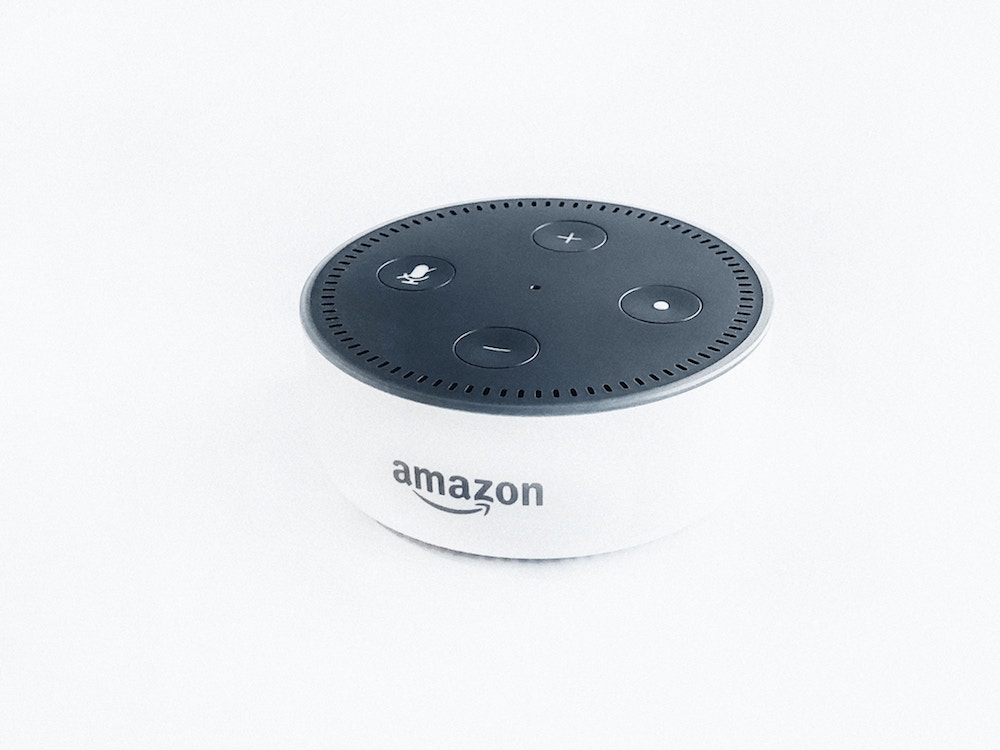Analysts estimate that 477 million smart home devices will be shipped globally in 2020. These smart devices, ranging from light bulbs and smart thermostats to security systems and personal home assistants such as Alexa, are just the tip of the iceberg that is the potential of combining artificial intelligence and the Internet of Things. Whether you’re buying a home, stocking your already purchased pad with the latest gadgets, or are interested in how these types of technology are influencing the buying process across the board, here are some of the top ways in which the IoT and smart homes are affecting our daily lives.
Smart Gadgets in the Home
72% of Americans with smart home devices want voice control capabilities and 48% of Americans with smart home devices already have voice control capabilities. This might explain the demand for a state of the art Smart Home across the globe. From appliances to lighting to speakers, almost everything in your home is connected to the internet and can be controlled remotely nowadays, whether by a smart device or your own voice. If you know your IP address you can tap into your home network, just take a look at this Netgear Default IP Address List for example, then you can even access live footage from your security cameras. While these types of devices undoubtedly change the way you live your everyday life, most noticeably making in the way that they make daily chores easier, they also have the potential to cut down on energy use and decrease the environmental impact your home has. Philips Hue, for example, has introduced a line of color-customizable smart bulbs that feature motion sensors with the ability to turn lights on or off based on your presence and dimmer switches to keep your energy usage low.
AI Intelligence Changing the Buying Process
While adding machines into a process that is usually so dependent on emotional connections and selling points might seem counterproductive, artificial intelligence has actually enhanced the way people buy and sell houses. If you’ve purchased a home or are in the process of doing so, then you’ll understand just how long and drawn-out the process can be. This process has been evolving with the creation of digital mortgage brokers, which use smart analytics to help home buyers obtain a mortgage online, at any time and from a device of their choosing. By using artificial intelligence to allow machine learning and algorithms to aid consumers in their journey, the process is completed at a lower cost and with much more accuracy. This results in a better buying process that suits the customer’s specific needs.
Virtual Reality Disrupting the Industry
Virtual reality is perhaps one of the biggest disruptors of housing industries across the world. While this innovative technology not only allows potential buyers to immerse themselves into the home or property they are touring, it can also change the way you interact with your home once it’s purchased. This type of technology is two-fold in that it not only increases the experience the customer has when purchasing, but it allows them to interact with their home in a unique way. Apps exist that allow users to trigger videos to play from their smartphones simply by pointing them at an object in the home, and this has the potential to change the way people decorate and display their lives in their personal spaces.
Technology is Making Buying & Living in Homes Easier
Smarter homes mean more efficient homes, both in terms of the way they use and consume energy as well as the type of efficiency they provide the homeowner with. As technology continues to evolve, the home buying process will become more streamlined to allow for a smoother, more accurate experience, and homeowners will then be able to live comfortably in a home that offers more conveniences than ever.
Written by Jennifer Dawson




